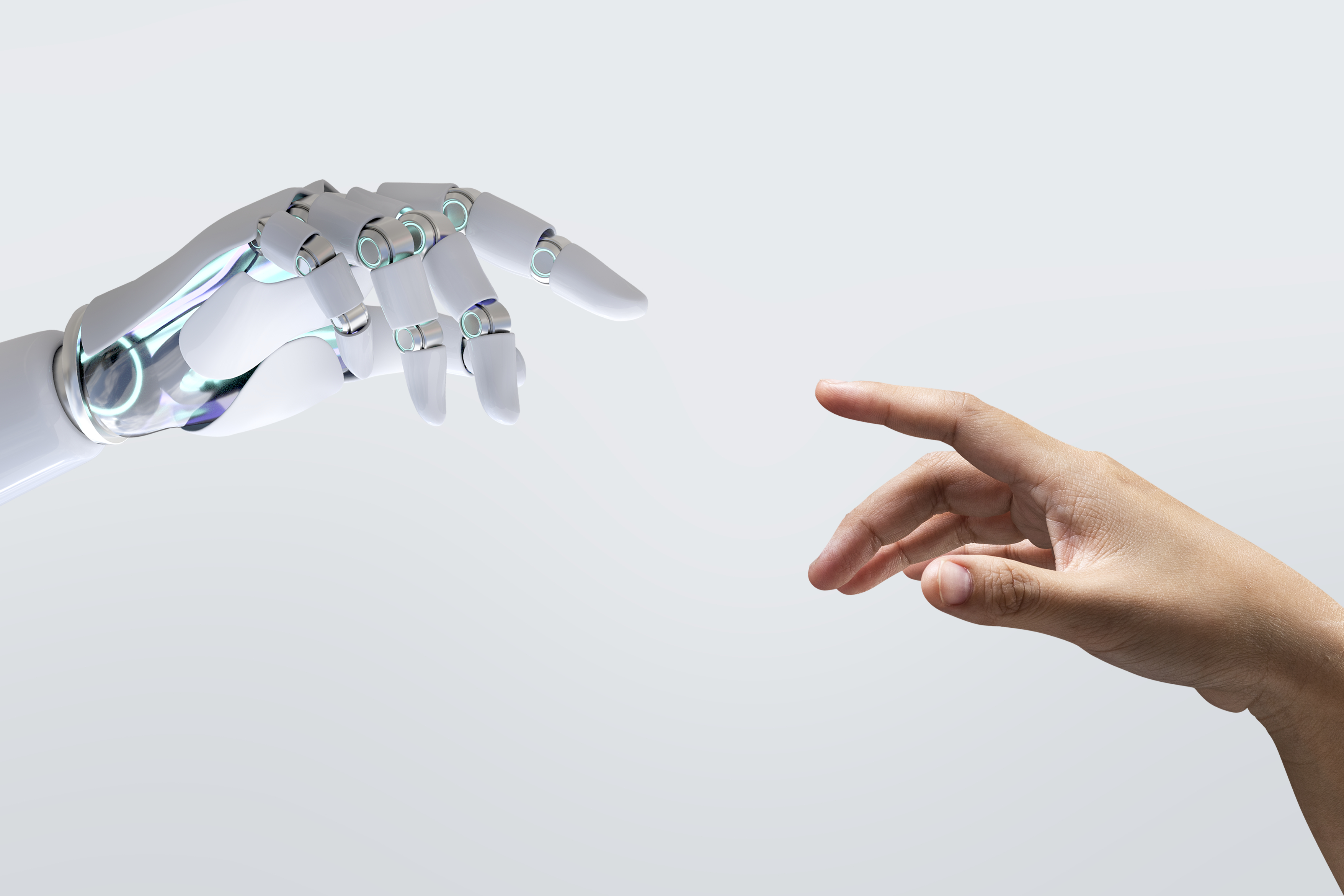
Artificial intelligence: definition and examples of application
Technology | Article-
Visit1612
- Agosto 2022
- Date of publication
- Agosto 2022
- Technology
- Article
When the majority of people hear the text Artificial Intelligence, they tend to think of humans as robots that want to wipe out humanity and become the new, superior race on earth. While there may be some truth to the idea of human-like entities, AI is much less of a science fiction concept. AI is essentially a machine that is designed to mimic human capabilities like thought processing or generating ideas. One way they do this is through machine learning, which is essentially the ability machines have to learn and adapt themselves without any human intervention. AI can be categorized into two groups, weak and strong AI, both of which have their own sets of uses.
¿Te gustaría cursar nuestro Máster en Inteligencia Artificial? Accede para más información.
Weak Vs. Strong AI
These two groups serve different functions, but essentially work towards the same goal in responding and mimicking human thinking. Weak AI focuses on quickly answering questions or working towards very specific goals. A good example of Artificial Intelligence would be a video game NPC that guides the player through learning the basics of the game or, a little more complex, personal assistants like Siri or Amazon Alexa. These have the specific goal of guiding humans towards a designated destination. On the other hand, there is strong AI, which focuses mostly on developing itself and providing tasks to do for helping humans or making their lives easier. Within these two categories, however, AI can be further condensed into 4 different types: reactive AI, limited memory AI, theory of mind AI, and self aware AI.
Reactive AI
Reactive AI is designed to only directly respond to specific inputs from the human. An example would be AI that plays chess with a person. The AI only responds to the moves within the chess game and will replicate those moves for each input. It does not learn or adapt itself, simply allowing itself to be guided by the inputs of the player. Its main goal is only to win the game within the present circumstances, any deviation would make it much more thoughtful and not reactive.
Limited memory AI
This type of AI can adapt to new scenarios but to a very small capacity, hence the name. Consider something like a GPS, which can produce a direct route, but also adapts to preferences of the driver. It also alerts the driver if there is anything that could alter the route they are taking. It can learn from the past but only to a minimal extent.
Theory of mind AI
These AIs can completely adapt to most human situations. In fact, they specialize in convincing humans that they are real and conscious. Although they cannot become self aware, they tread that line very carefully. Certain chat-bots would be the perfect example of this type of AI. They respond, think, and even reason within themselves to arrive at their own conclusions.
Self aware AI
This type of AI is the one people generally confuse with all types of AI. The ones that people fear will “take over the world” if you will. Experts will claim that this is all fiction and no AI will ever truly become self aware.
Why use AI?
There are times in the human experience when tasks become too tedious, time consuming, or even undoable. With that in mind, AI allows humanity to be able to rationalize things in a much more logical way. Considering their aim is to arrive at a specific goal and adapt to their surroundings, generally having AI makes life a lot easier. With it, people can enjoy games, hobbies and other things that generally limit them from being able to complete other tasks.
We recommend that you keep updating yourself on the latest trends and acquire the right knowledge. If you want to know more about the definition and examples about Artificial Intelligence, I invite you to look closely at the Máster en Inteligencia Artificial.
You may also be interested in

Customer success: definition and how to implement it
In today's business environment, where competition is fierce and customer expectations continue to grow, customer success has become a key element in ensuring the success of a company's business.
- Published by _ESIC Business & Marketing School

What is the Ishikawa diagram and how to do it. Examples
How many times have we tried to solve a problem by patching it up, without going deep into the real cause, into the root of the problem? There are many companies that, when faced with crises or problems, try to...
- Published by _ESIC Business & Marketing School

JavaScript: what it is, what it is used for and examples
Undoubtedly, JavaScript is one of the most widely used programming languages worldwide. In fact, as early as 2021 it was being used by 14 million programmers according to Genbeta. The trend has been increasing...
- Published by _ESIC Business & Marketing School

